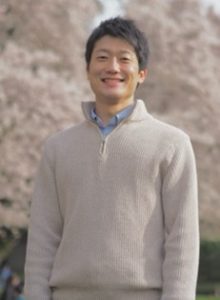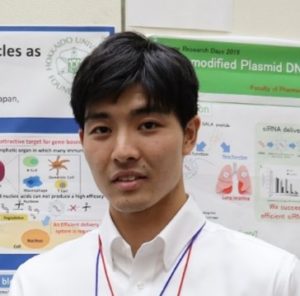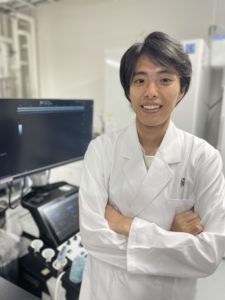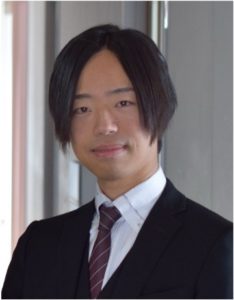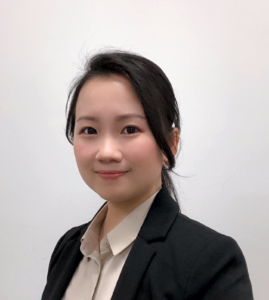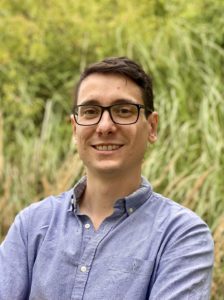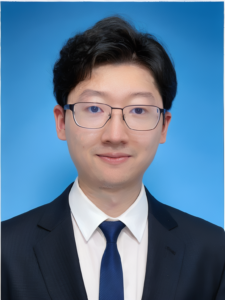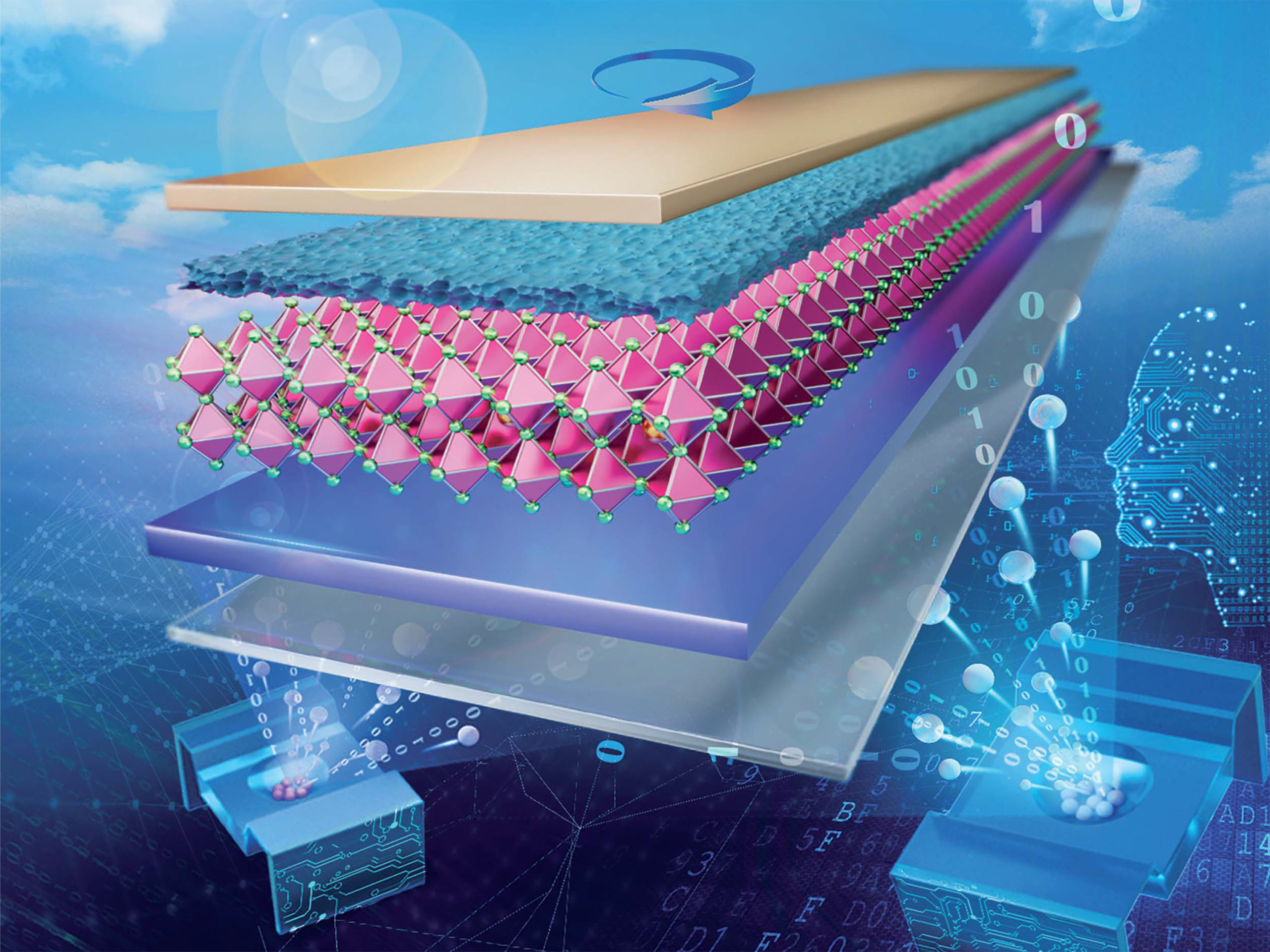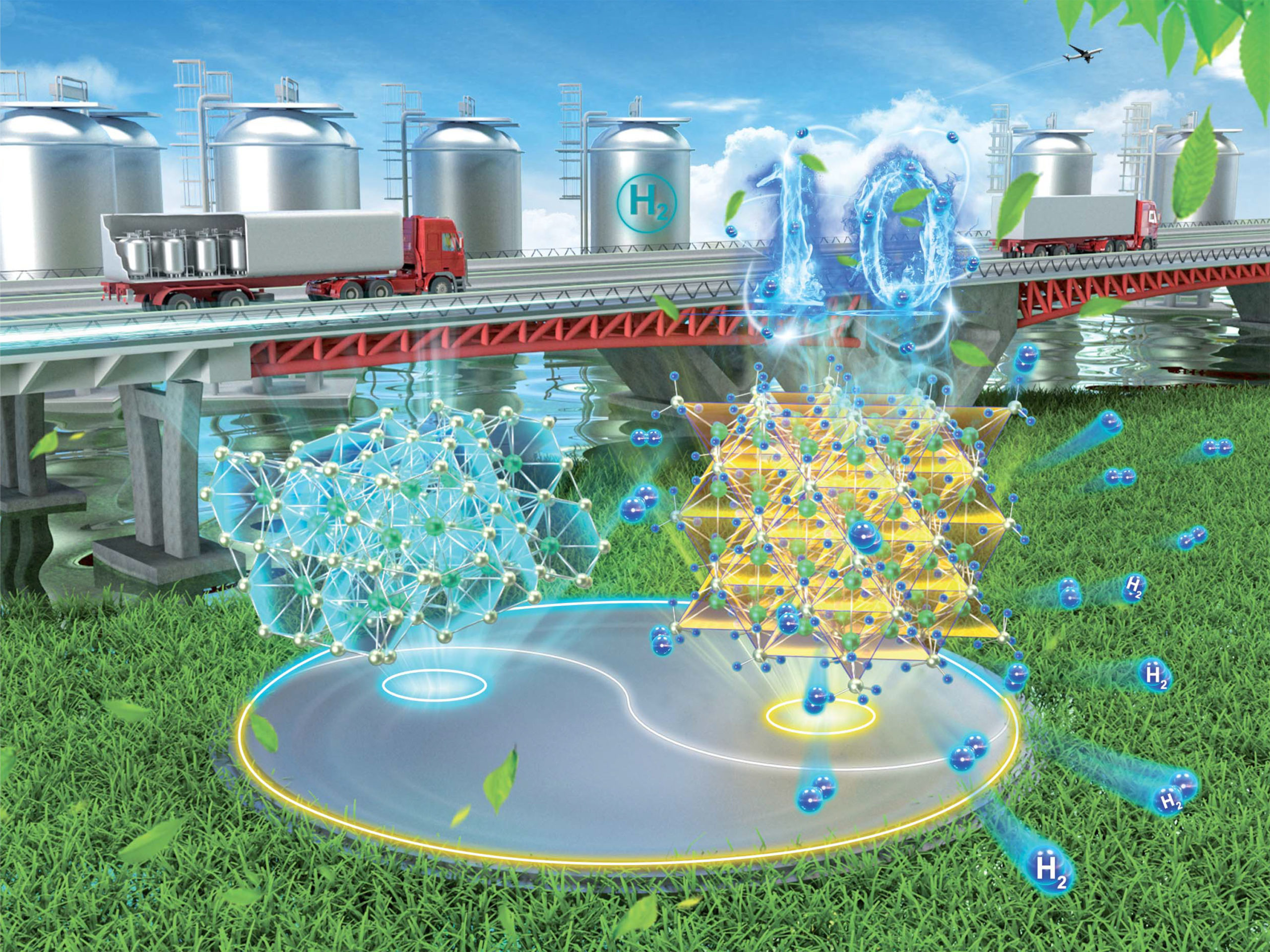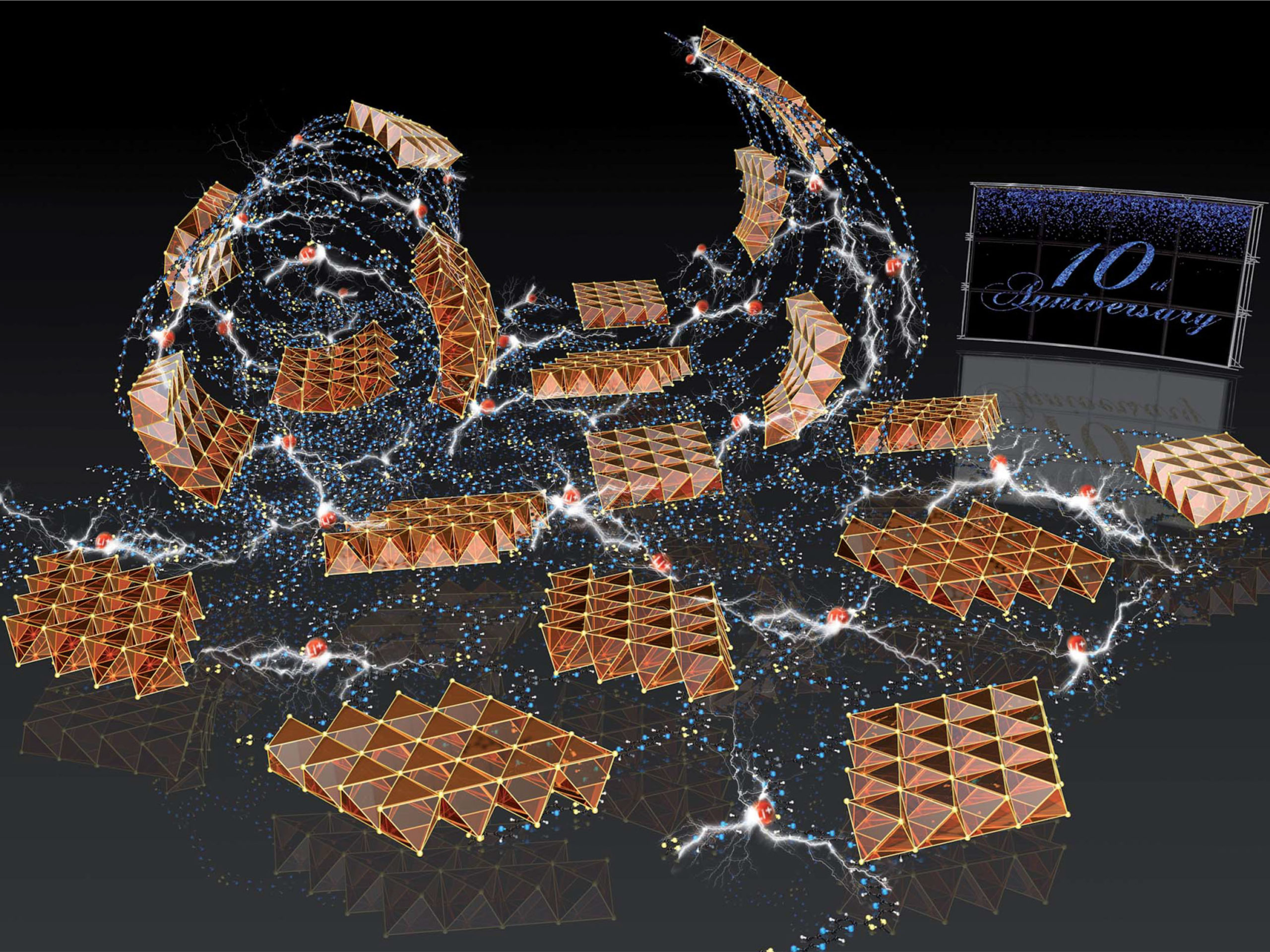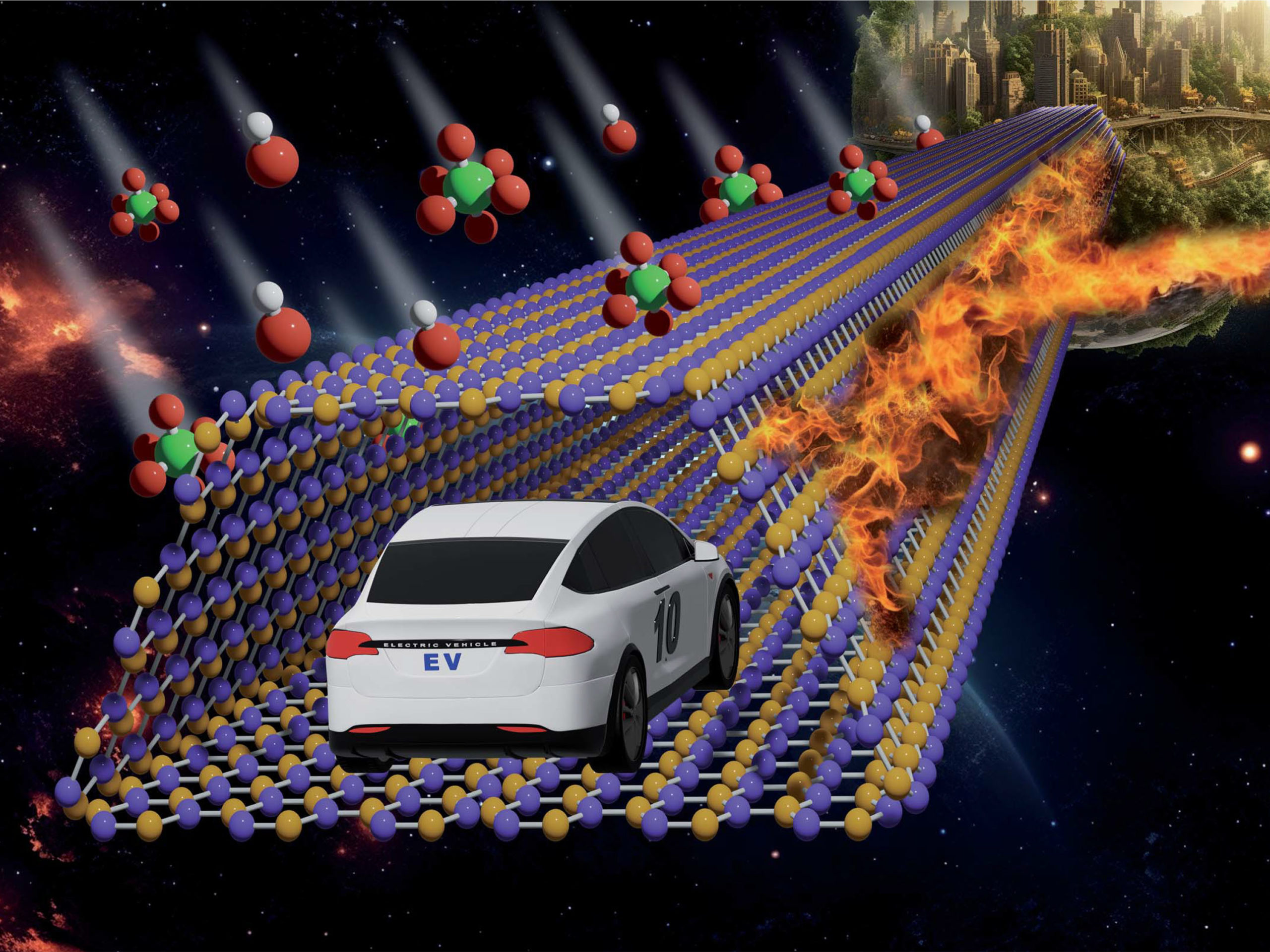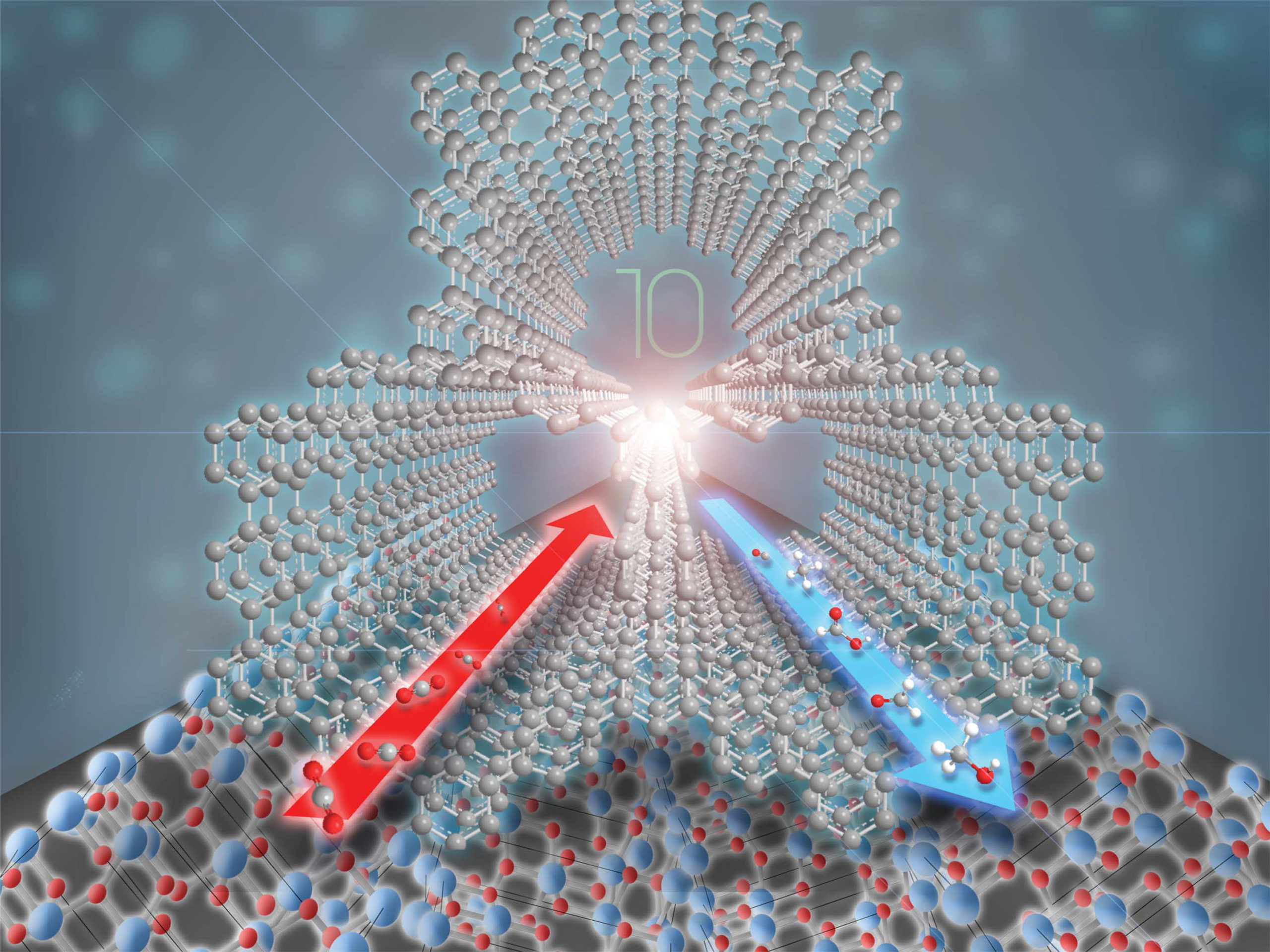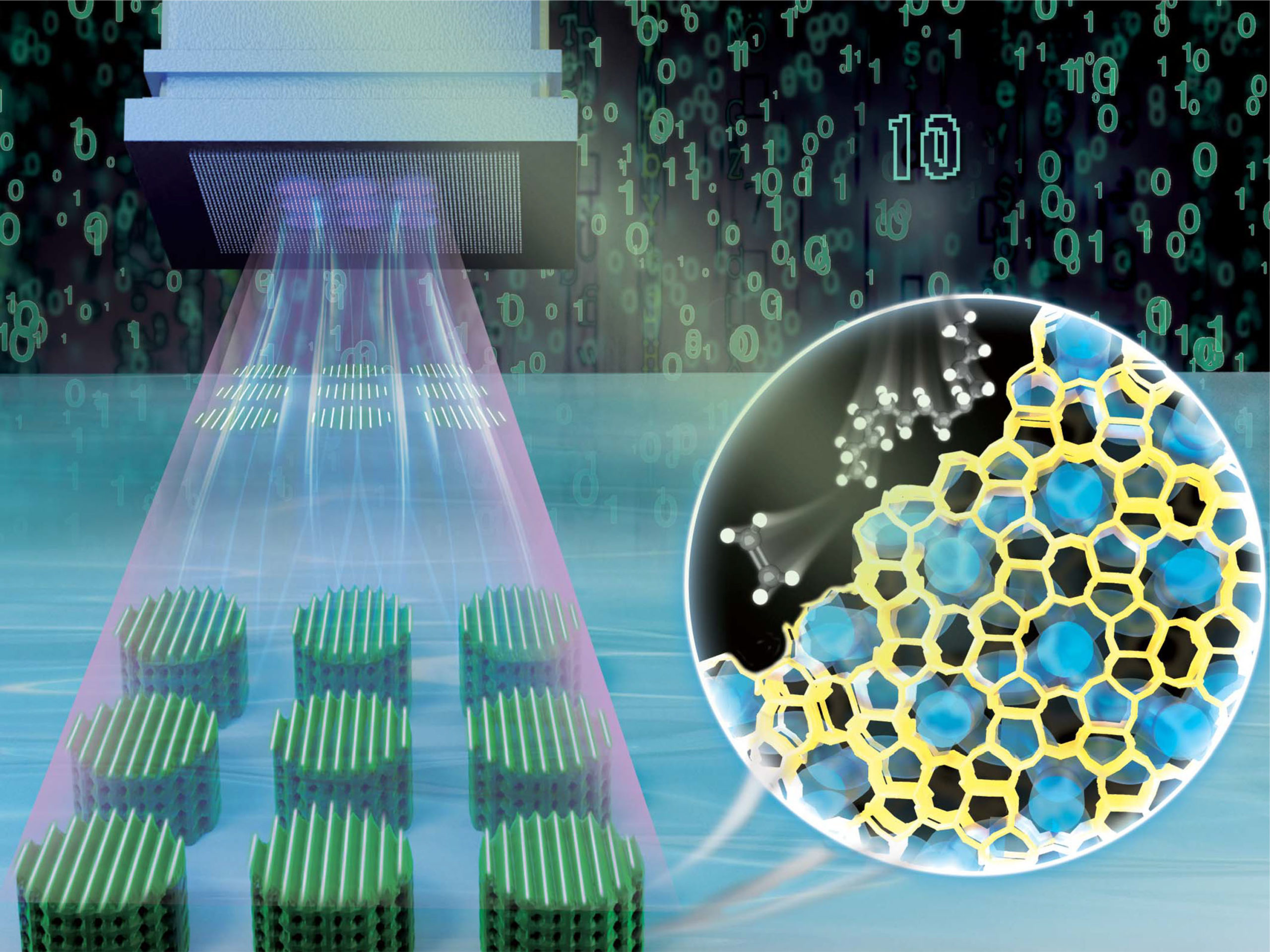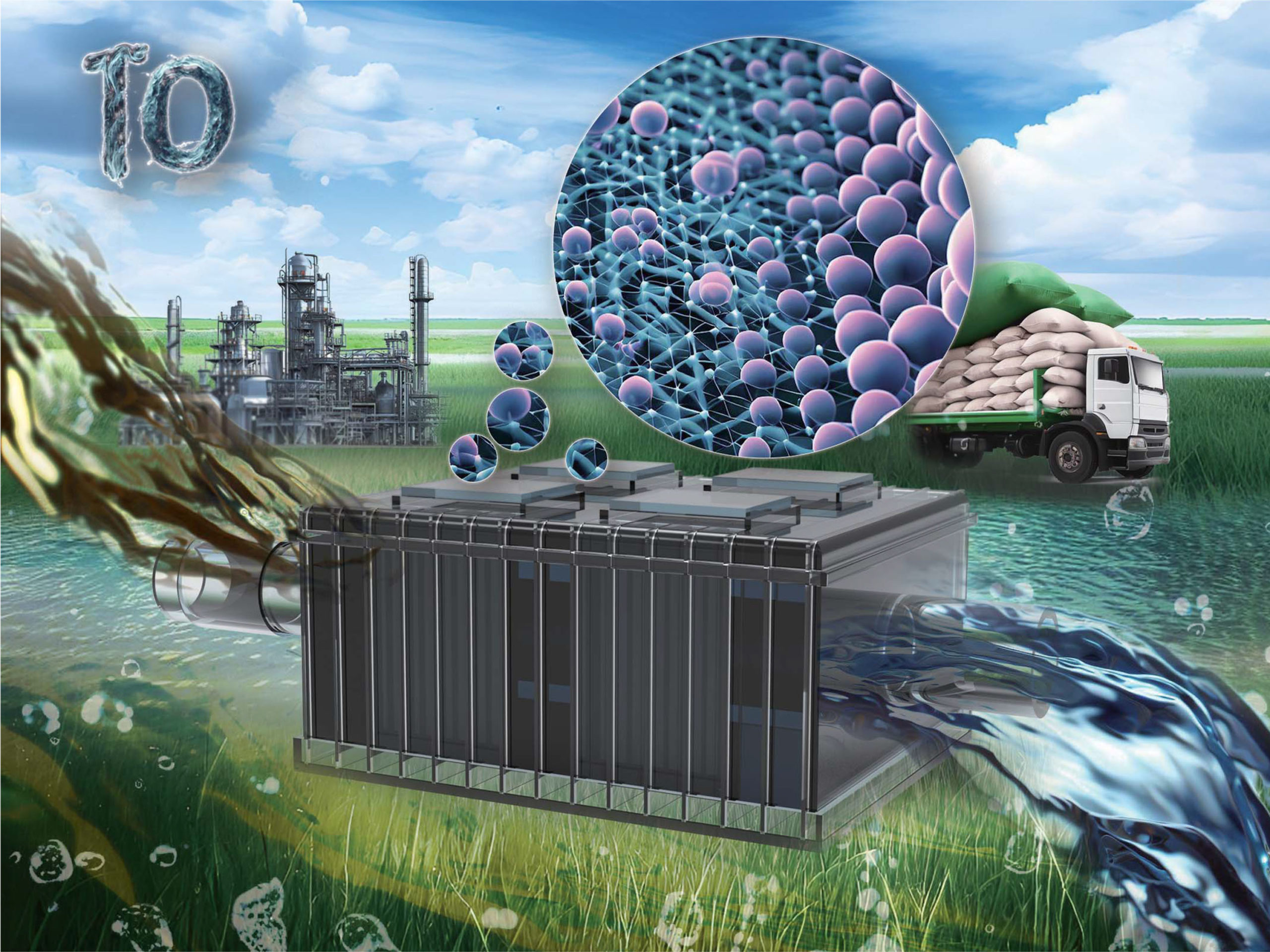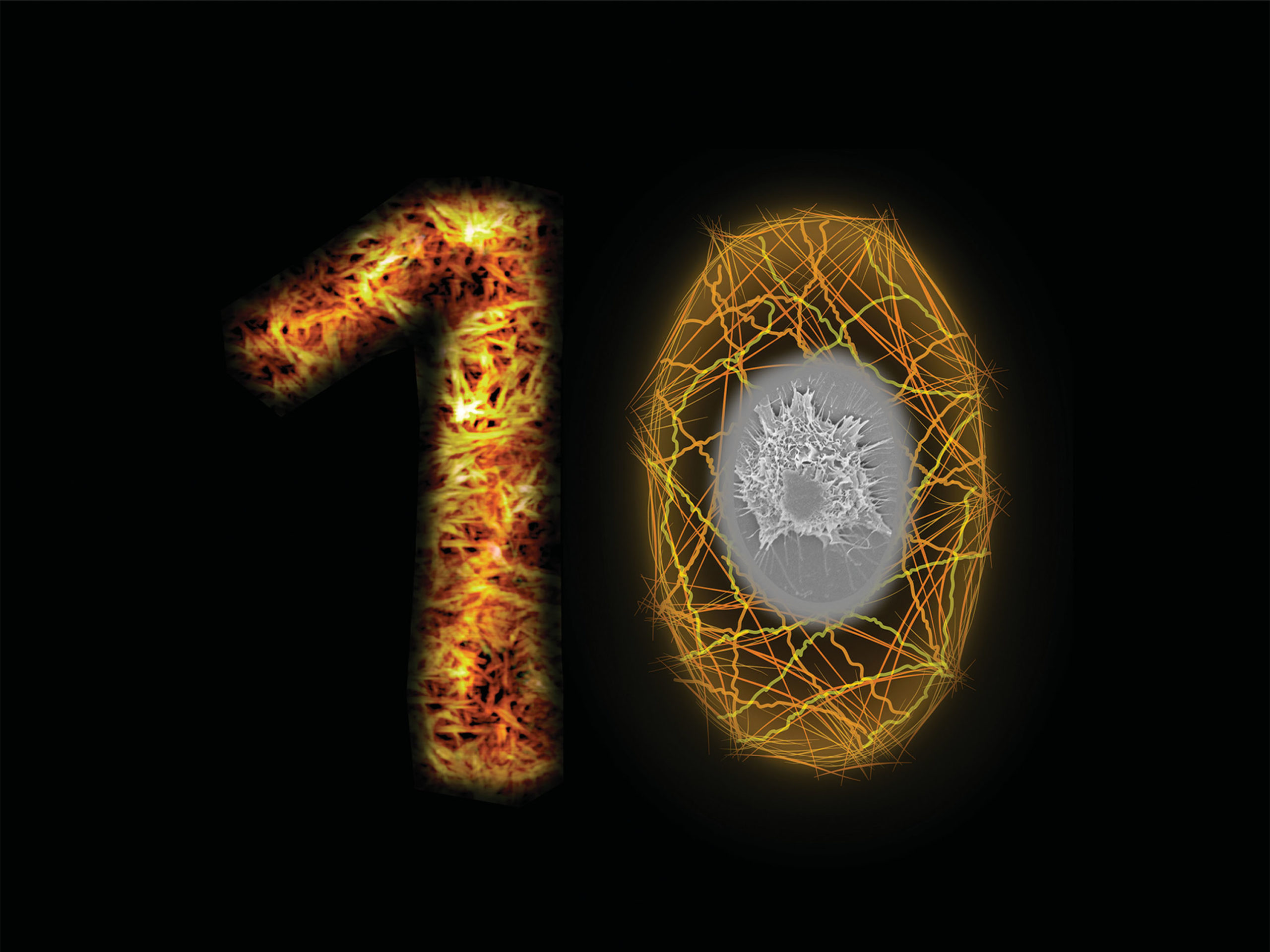Journal of Materials Chemistry A is delighted to welcome Professor Sayan Bhattacharyya from Indian Institute of Science Education and Research (IISER) Kolkata, India to their Advisory Board.
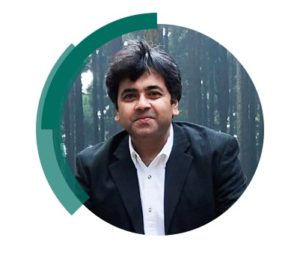
Professor Sayan Bhattacharyya, Indian Institute of Science Education and Research (IISER) Kolkata, India
Professor Sayan Bhattacharyya is a Professor of Chemical Sciences at the Indian Institute of Science Education and Research (IISER) Kolkata, India. He received his bachelor’s at Calcutta University, and his PhD degree at the Indian Institute of Technology, Kanpur, before he carried out his postdoctoral work in the US.
He joined the Indian Institute of Science Education and Research (IISER) Kolkata, India in April 2010, and has moved from Assistant Professor, to Professor of Chemical Sciences. His research focus is the design and synthesis of nanoscale functional materials, elucidation of their fundamental electronic, optical and other physical properties, and the development of processes that lead to specific alternative energy solutions.
Here is what he had to say about his appointment to Journal of Materials Chemistry A:
- What does it mean to you to join the Advisory Board of Journal of Materials Chemistry A?
I am delighted to join the Advisory Board of Journal of Materials Chemistry A, which has set very high standards. Over the years, we have been publishing our research here, and reading high-quality articles by other research groups. The advisory board role will allow me to help the journal make decisions to promote seminal or outstanding scientific findings and influence future research.
- What is the current biggest challenge you face in your field?
Mankind has to solve the burgeoning problem of climate change, not only in the reaction flask at the laboratory scale but implementing the proven concepts on a societal level for bridging the gap between academia and industry. A systematic approach should be in place to identify and promote the best solutions, published in journals, which are often overlooked.
- What advances in your field are you most excited about?
I’m most excited about the immense potential of solar and thermal energy for solving the energy and environmental crisis. Secondly, advanced materials design is necessary for successfully replicating or mimicking the complexity and efficiency of natural processes. New inorganic / organic, and hybrid materials design is necessary with an understanding of their structural and electronic characteristics.
- Why do you feel that researchers should choose to publish their work in Journal of Materials Chemistry A?
Journal of Materials Chemistry A provides an ideal interdisciplinary forum, with a broad range of topics, for publishing the path-breaking, most-read and most-cited research articles. It caters to quality science in the field of energy conversion and storage applications. The editorial board members are very active, and provide rigorous service through peer review to accelerate the dissemination of scientific findings.
- Where do you see the materials chemistry field in the next 10 years?
I expect a comprehensive integration of materials chemistry into various domains of science and technology, demonstrating its interdisciplinary potential, and underscoring the interconnected nature of scientific advancements. Materials chemistry will play a central role in fields ranging from artificial intelligence and engineering to social sciences, reflecting its broad applications. The central role of materials chemistry can be envisioned through the collaborative efforts of researchers across different branches of science and technology, working towards the societal solutions to energy and environmental challenges.
Check out some of Professor Sayan Bhattacharyya’s recent publications in Royal Society of Chemistry journals:
- M. Maji, N. Dihingia, S. Dutta, S. Parvin, S. K. Pati, S. Bhattacharyya, Charge Transfer Modulated Heterointerface for Hydrogen Production at All pH. J. Mater. Chem. A 2022, 10, 24927-24937.
- R. Majee, Q. A. Islam, S. Mondal, S. Bhattacharyya, Electrochemically Reversible Lattice with Redox Active A-site of Double Perovskite Oxide Nanosheets to Reinforce Oxygen Electrocatalysis. Chem. Sci. 2020, 11, 10180-10189.
- S. Parvin, A. Kumar, A. Ghosh, S. Bhattacharyya, Earth-Abundant Bimetallic Catalyst Coated Metallic Nanowire Grown Electrode with Platinum-Like pH-Universal Hydrogen Evolution Activity at High Current Density. Chem. Sci. 2020, 11, 3893-3902.
- Q. A. Islam, R. Majee, S. Bhattacharyya, Bimetallic Nanoparticle Decorated Perovskite Oxide for State-of-the-art Trifunctional Electrocatalysis. J. Mater. Chem. A 2019, 7, 19453-19464.
- A. Kumar, D. K. Chaudhary, S. Parvin, S. Bhattacharyya, High Performance Duckweed-derived Carbon Support to Anchor NiFe Electrocatalysts for Efficient Solar Energy Driven Water Splitting. J. Mater. Chem. A 2018, 6, 18948-18959.
Join us in welcoming Sayan to our Advisory Board!


